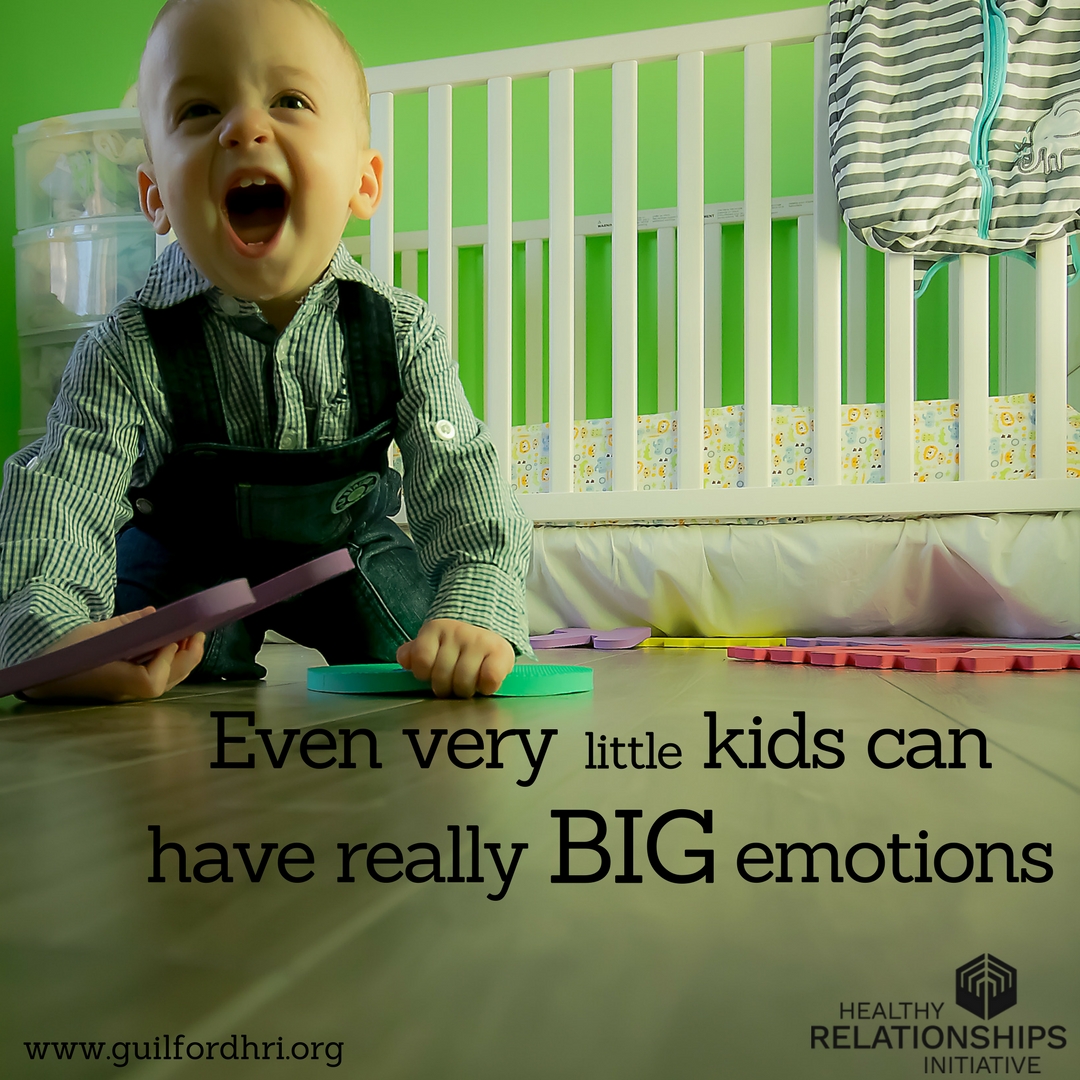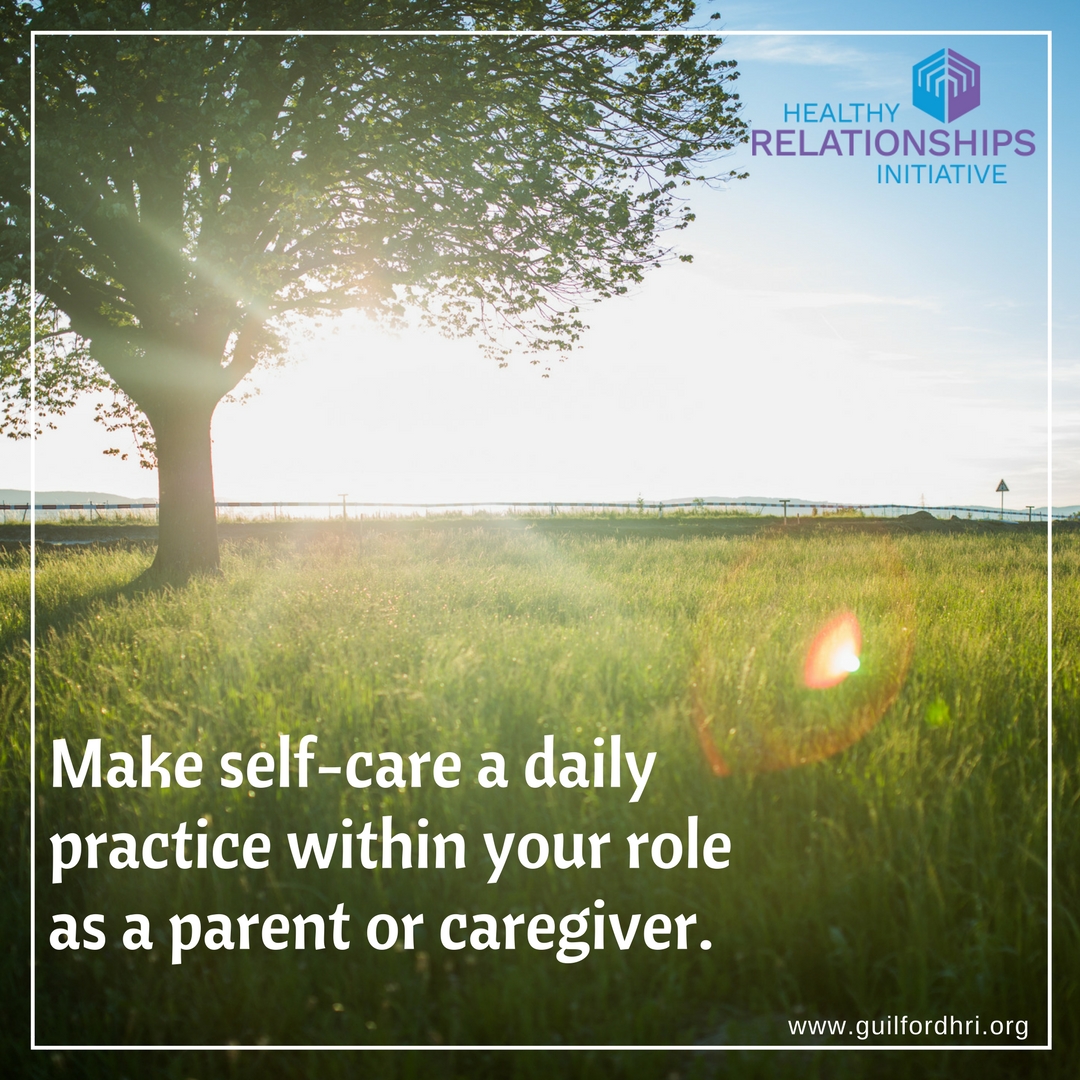
Celebrate Good Parenting

Consistent, Nurturing Responses
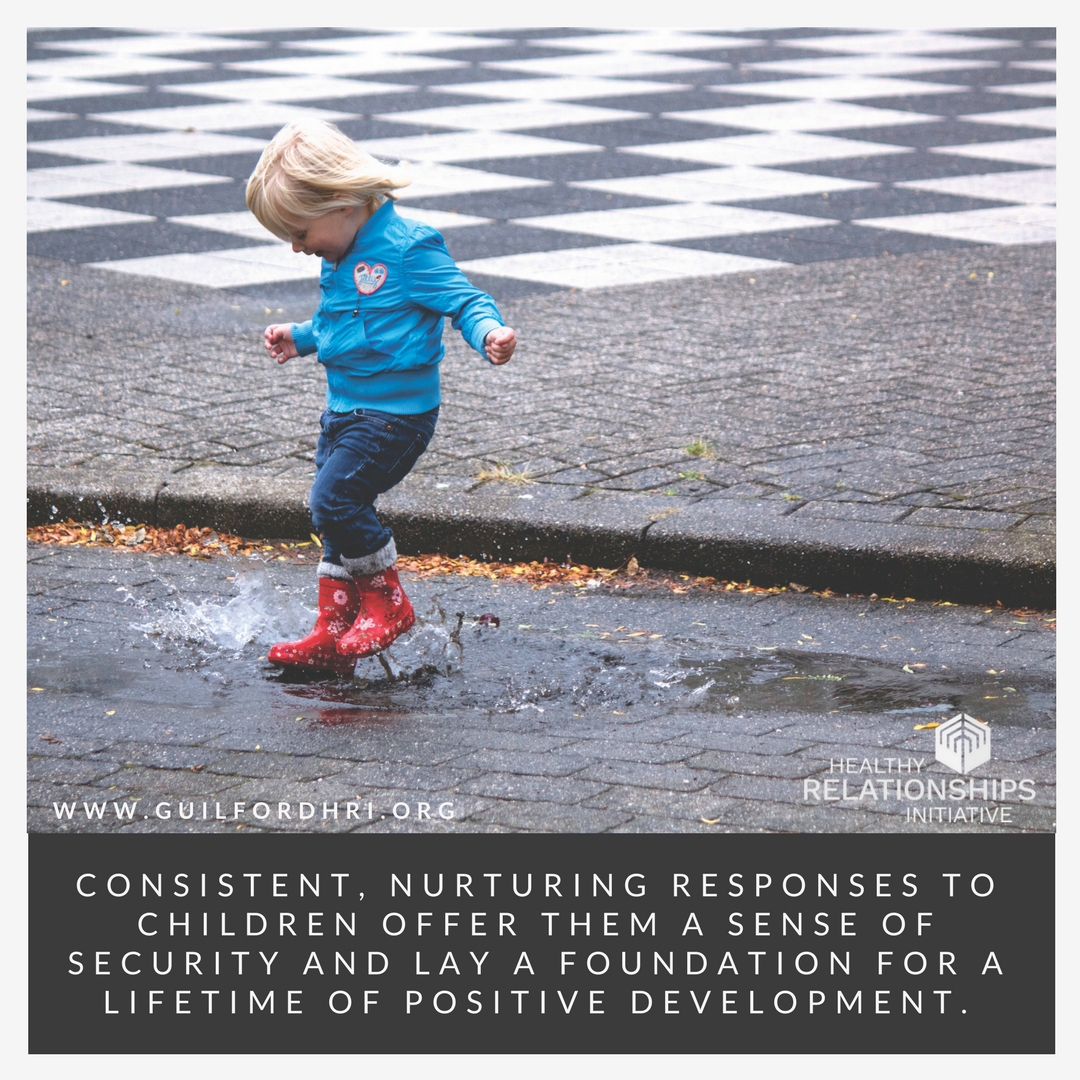
Don’t Be Afraid to Admit You Need Help
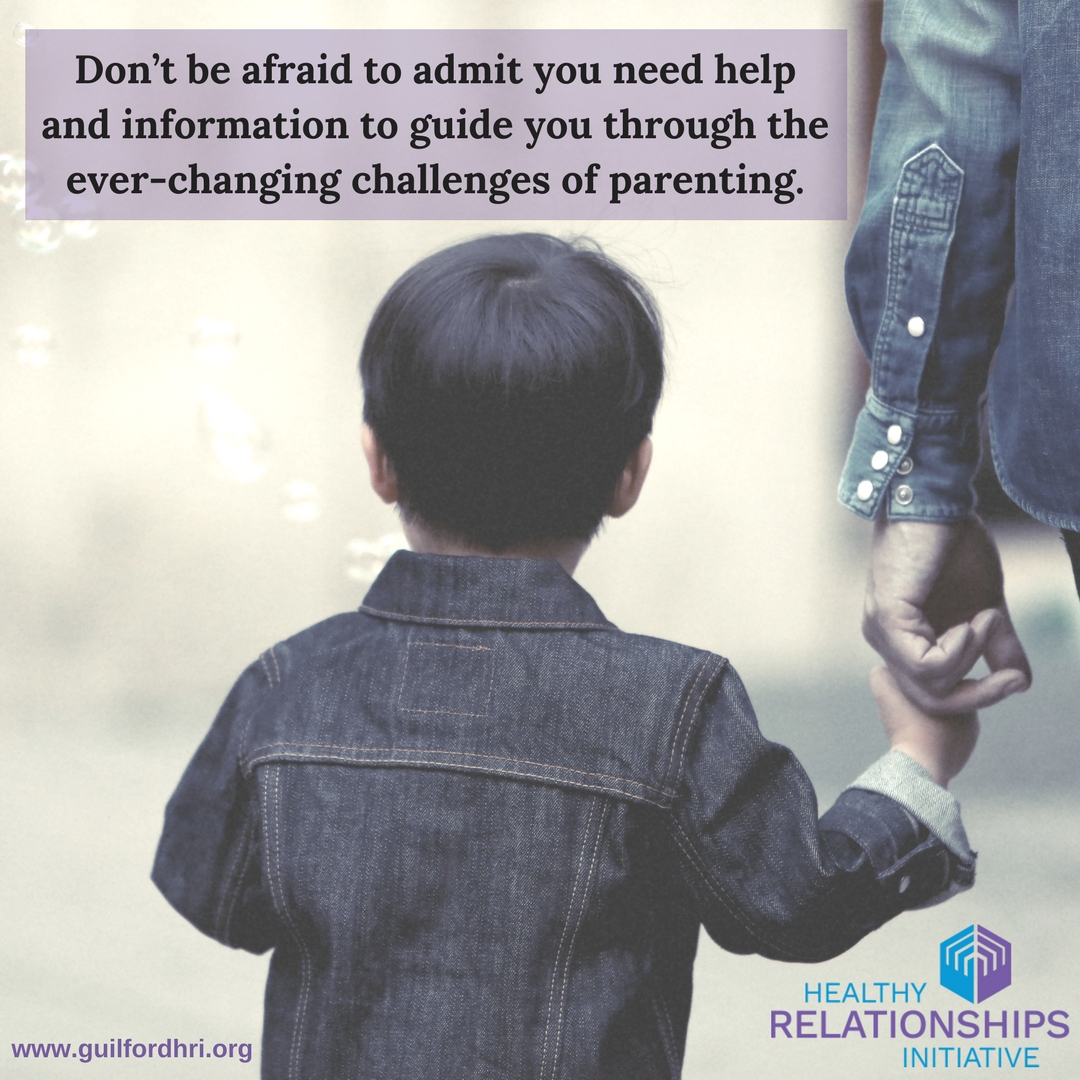
Fostering Strong, Secure Attachments Between Parents and Children
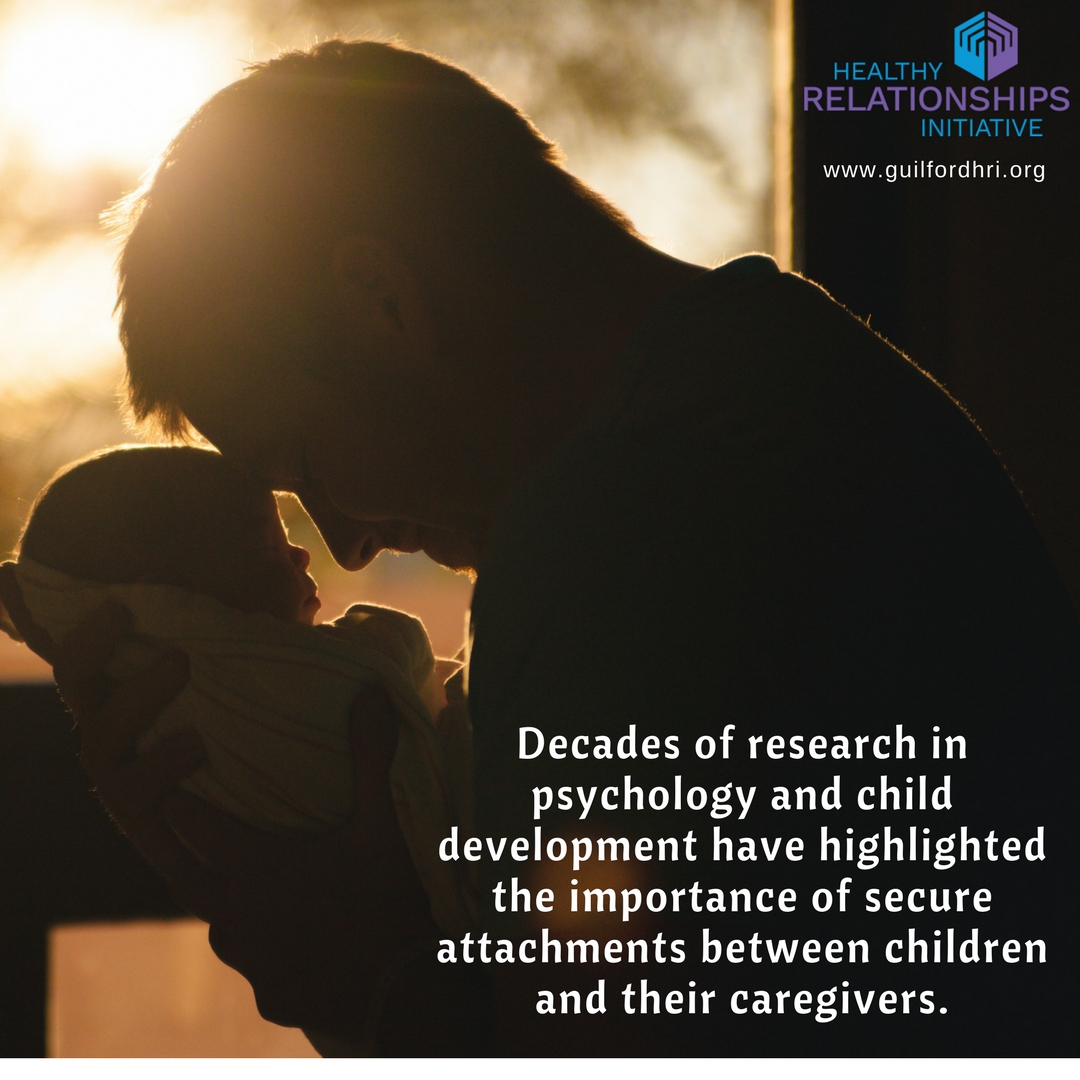
By Christine Murray, HRI Director
A solid home base.
A sense of trust that your needs will be met.
Confidence that you can take risks.
For children, the foundation for all of these things can be found in a secure attachment with their parents and caregivers. Decades of research in psychology and child development have highlighted the importance of secure attachments between children and their caregivers. Attachment theory has had a major impact on the field of parenting education, with numerous intervention approaches developed to foster the secure attachments that provide children with a safe foundation for exploring the world around them.
A secure attachment between caregivers and children also serves as a protective factor against child abuse. In contrast, an insecure attachment can lead to anxiety, a limited sense of safety, and a lack of trust or confidence in the world around you. A growing body of research has even begun to explore how early childhood attachments set the stage for attachment in relationships in adulthood, so childhood attachment is important for setting the tone for a person’s development throughout life.
Whether or not parents and other adults ascribe fully to the Attachment Parenting framework, it’s important to consider how parenting practices, attitudes, and beliefs impact a child’s sense of attachment. In addition, a commitment to fostering secure attachments between parents/caregivers and children can help guide decisions about how to best care for children, especially during difficult times.
Parents, professionals, and other community members can help foster secure attachment in many ways, including the following:
In the family:
- Reduce or eliminate barriers to connection among people within the home. This may mean limiting technology use and being mindful of not over-scheduling family members’ time. Place value on time spent with one another in true connection.
- Whenever possible, respond in a nurturing way when children express their needs and wants. This doesn’t mean giving in to their every demand. Rather, it means validating that the things they need, and even the things they want, are important to them, and that they have a secure relationship with you in which their needs and experiences will be valued and honored.
- Remember that each child is an individual. Especially as children grow older, the types of responses from parents that are most reassuring and connecting to them will likely become more individualized, so make an effort to learn what responses make the biggest impact with each child in your life.
In organizations that serve children:
- Offer reassuring, supportive responses to children who display separation anxiety when leaving their parents. Even children with secure attachments may become distressed when they leave their parents’ presence.
- Provide additional support for children who have had difficult life experiences that impact their attachment bonds. For example, children who have faced adoption, divorce, foster care, abuse, and/or neglectful parents may need additional support and referrals to more intensive services in the community.
- Help children build strong, positive relationships with others through your organization, as appropriate. Although the primary relationship in which attachment theory has been developed is the parent-child relationship, strong bonds with other consistent adults can become important secondary attachment relationships that can play a very positive role in children’s lives.
In the broader community:
- Advocate for family-friendly policies in workplaces. Employers can help support families in nurturing secure attachment bonds with children by respecting families’ needs for time and togetherness, especially during times of transition and when children are very young.
- Donate to local organizations that work with children who face major challenges to attachment, such as adoption, foster care, and domestic violence. Consider becoming a foster family or offering support to other families who do this in your community.
- Celebrate good parenting when you see it. If you’re out at a park or museum and see a parent respond in a nurturing way to a child, give the parent a compliment about what you saw. Remember that parents often feel very alone and underappreciated for all they do for their children. A few kind words can go a long way!
Attachment is a complex phenomenon that doesn’t develop overnight. Consistent, nurturing responses to children offer them a sense of security and lay a foundation for a lifetime of positive development. As parents, professionals, and community members, we can nurture positive attachment bonds for our own children and other children in our community.
Hiding Behind a Facade of Perfection
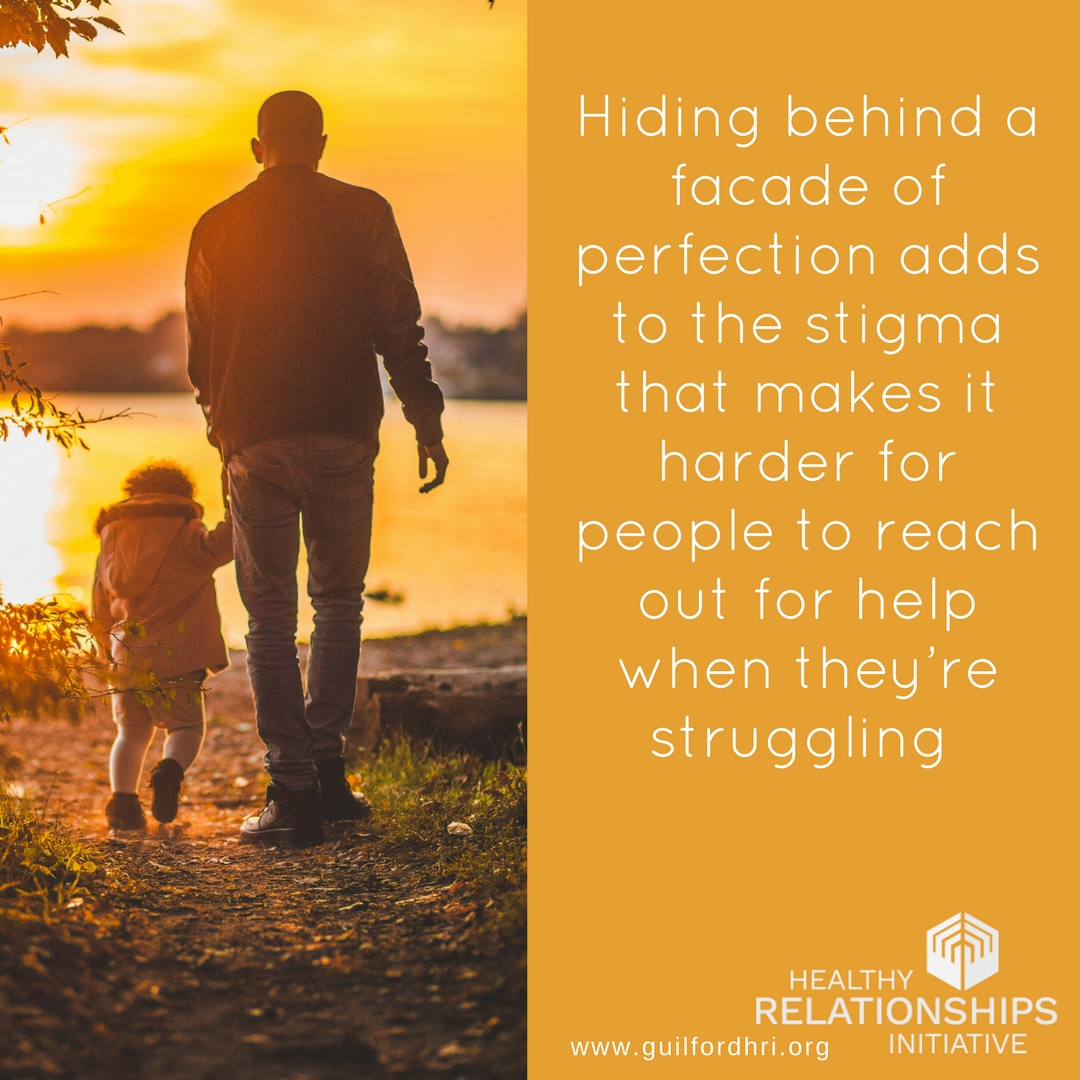
Make a Commitment to Ongoing Learning
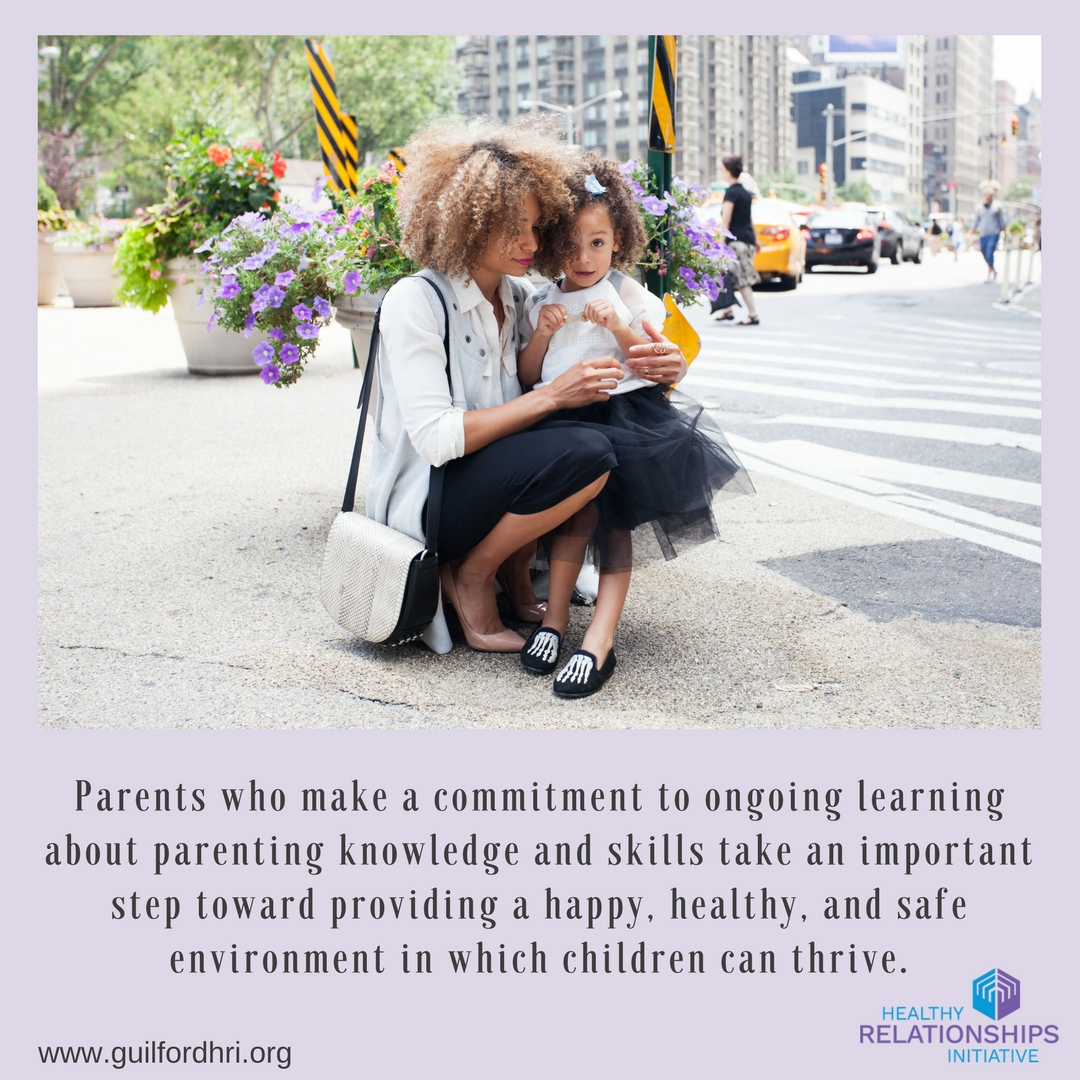
As Your Child Grows
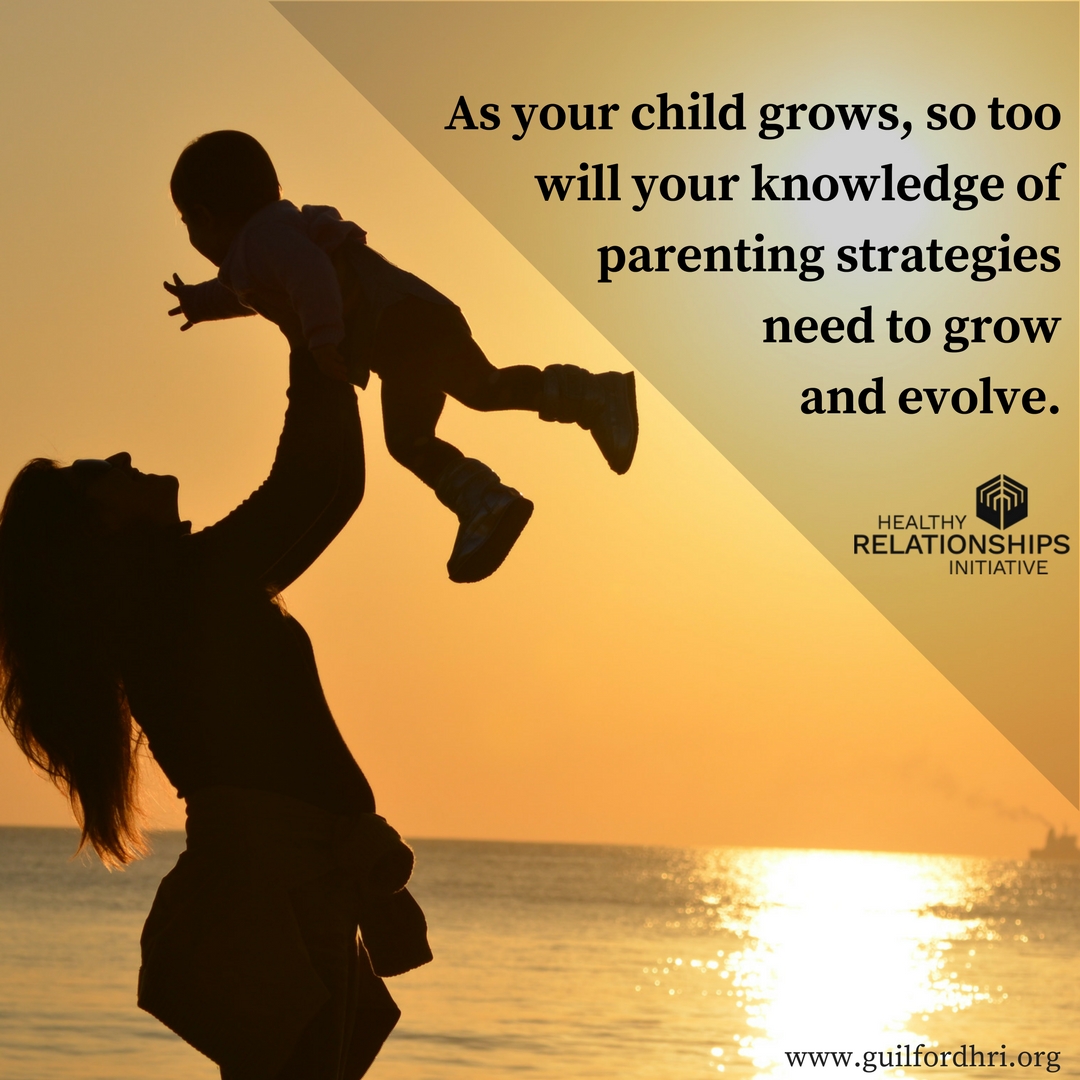
Nurturing Strong Parenting Skills
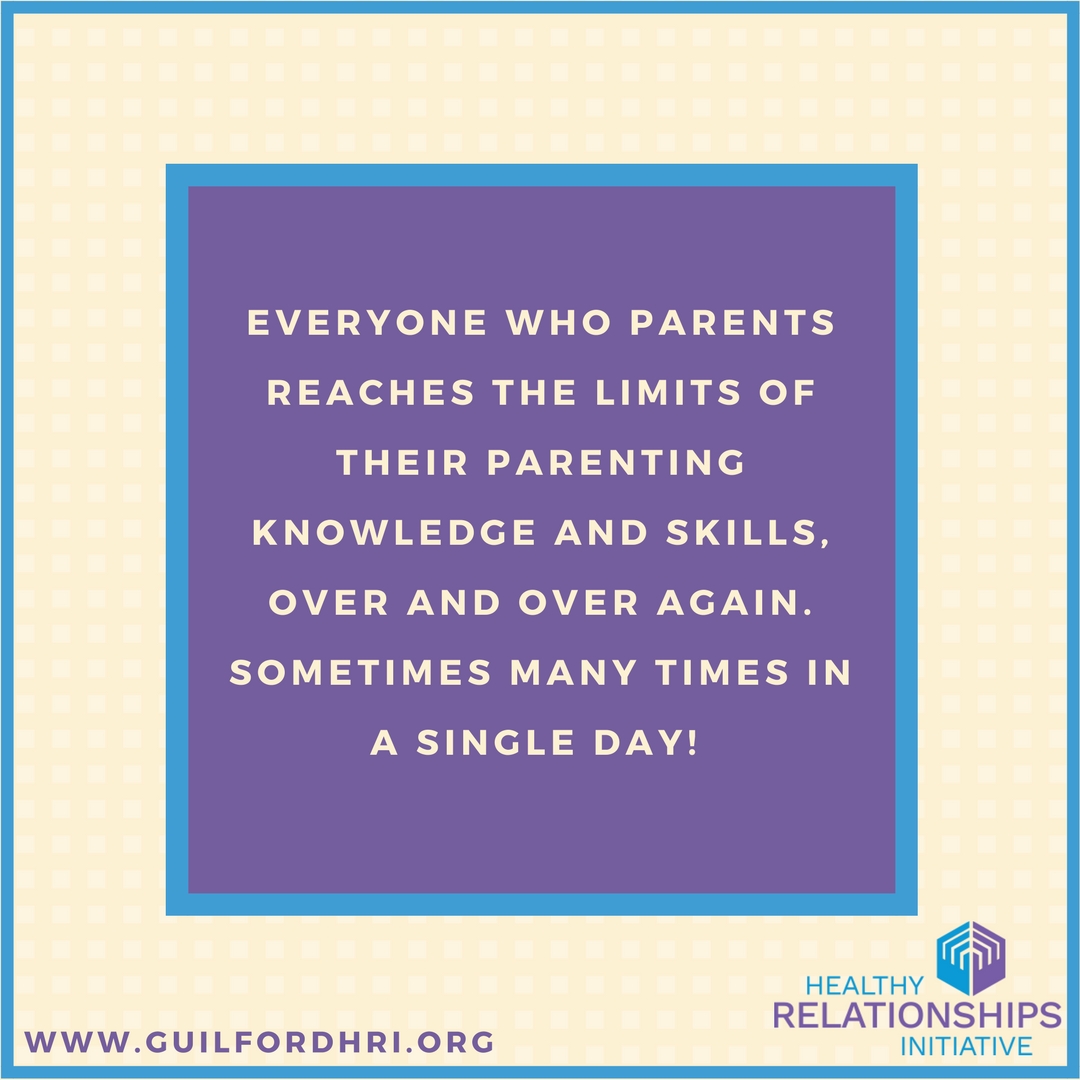
By Christine Murray, HRI Director
When I first became a mom, I had absolutely no clue what I was doing. To give you an idea of just how clueless I was, when I was in the hospital in the days following the birth of my son, I always had the nurse change my baby’s diaper. I had never changed a newborn’s diaper before, and I was so afraid I’d do something wrong. Of course I was terrified that in just a day or so, I’d have to go home and would have to figure it out–It turns out you can’t take the nurse home with you!
And then, there was the first time I had to cut his fingernails. I had no idea how to cut such tiny little nails, but I knew from a couple small scratches on his face that I would have to do it anyway. I was so scared, and when I did cut one of his precious little fingers, my over-imaginative mind jumped quickly to the conclusion that he wouldn’t ever stop bleeding. Of course, he did stop, but I realized again just how much I didn’t know about this whole parenting thing.
I’ve been a mom for over ten years now, and it would be impossible to count how many times during those ten years I wished I had an easy answer (or any answer, even if it was hard!) for what to do to for the next parenting challenge that came my way. My kids just never seem to stop throwing new challenges at me! Eventually, I did figure out how to change diapers and cut tiny fingernails, and these days the challenges are usually more related to homework, sibling conflict, and talking with my kids about big, difficult issues that they’re seeing and learning about in the world around them.
As a family counselor, I’ve learned many theories of parenting and family dynamics. I took a number of classes on child development as a student, and now I teach classes where we cover parenting concerns. Even with this professional and educational background, I find parenting to be the hardest thing I’ve ever done. And I’ve done a lot of hard things! It’s one thing to have book knowledge about parenting and child development–it’s another thing entirely to apply that knowledge in the real world when you’ve got little eyes looking up at you, needing guidance and a good parenting response in the midst of a puzzling parenting situation!
Everyone who parents reaches the limits of their parenting knowledge and skills, over and over again. Sometimes many times in a single day! What can we do when reach these limits? Keep learning! As your child grows, so too will your knowledge of parenting strategies need to grow and evolve.
While it’s true there’s not an instruction manual that comes along with kids, parents today aren’t left completely alone to figure things out on their own. There are many ways that parents can strengthen their parenting skills, including through books, online resources, and parenting workshops and classes. Parents who make a commitment to ongoing learning about parenting knowledge and skills take an important step toward providing a happy, healthy, and safe environment in which children can thrive. In fact, strong parenting skills have been identified as a barrier against child abuse. When parents have stronger parenting skills, they have more tools available for providing nurturing, developmentally-appropriate responses to their children’s ever-changing needs. Even when parenting educational opportunities don’t provide the exact answer to the challenges that parents face, they can help parents move closer and closer to the best solution to the problem at hand.
Adults can take the following steps to nurture strong parenting skills:
In the family:
- Never stop learning! Read parenting books, take online and in-person classes, and seek parenting mentors among other parents who have faced similar experiences.
- Don’t be afraid to admit when you’ve reached the limits of your parenting knowledge and skills. This is a normal part of parenting and is a natural result of children growing and changing over time.
- If a parenting strategy isn’t working, consider trying something else. As children grow, it’s typical for strategies that worked in the past to stop working. Be mindful of the strategies that both work and don’t work so you can build on the practices that work and change in the areas that don’t.
In organizations that serve children:
- Consider innovative ways of sharing parenting knowledge. Workshops and classes are great, but new technologies offer new opportunities for reaching parents in different ways, such as through social media, webinars, and text messaging.
- Keep parent education messages and strategies simple! Parents today are extremely busy and have many demands on their time and attention, so organizations can work to make parent education as easily accessible and digestible as possible. Focus on a few key points at a time to avoid overwhelming parents with too much at once.
In the broader community:
- Community members can advocate and provide resources to make parent education opportunities accessible to all members of the community. Consider making a donation to a local organization that offers these services to parents with limited financial resources.
- Be honest and open about the challenges of parenting! It’s tempting for parents to want to look like they’ve got their acts completely together. However, hiding behind a facade of perfection adds to the stigma that makes it harder for people to reach out for help when they’re struggling.
Parenting is an extremely difficult job. The weight of the importance of doing it well adds even more pressure, because as a parent you realize that you’re impacting the future course of the next generation. Don’t be afraid to admit you need help and information to guide you through the ever-changing challenges of parenting. Commit to building the best parenting toolbox you can–and keep building it throughout all of your parenting days!
Big Emotions
